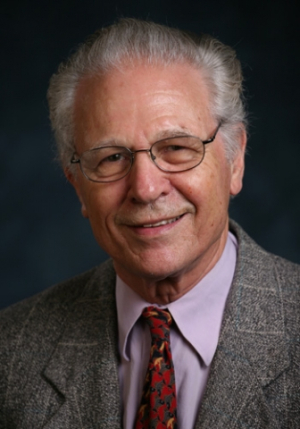Dan Luss, Cullen Professor of Engineering in the UH Cullen College of Engineering’s Department of Chemical and Biomolecular Engineering, recently celebrated his 30th anniversary as a member of the prestigious National Academy of Engineering (NAE). Luss was named a member of the NAE in 1984.
The NAE is a private, independent, nonprofit institution founded in 1964 with the mission of promoting the engineering profession in order to advance the well-being of the nation.
Membership in the NAE is one of the highest professional honors that an engineer can achieve. There are currently over 2,000 peer-elected members of the NAE, described by the NAE website as “professionals in business, academia, and government who are among the world’s most accomplished engineers.”
Luss represents one of the 11 NAE members who currently serve as faculty in the University of Houston Cullen College of Engineering. According to the NAE website, these faculty members “have distinguished themselves in business and academic management, in technical positions, as university faculty, and as leaders in government and private engineering organizations.”
Luss has spent more than four decades with the Cullen College, including more than 20 years as chairman of the chemical and biomolecular engineering department. He has published more than 300 journal articles. He was honored last year as a member of the inaugural class of charter fellows of the National Academy of Inventors.
His research contributions have been recognized by several American Institute of Chemical Engineers awards, including the Founders Award, the Wilhelm Award, the Professional Progress Award, the Allan P. Colburn Award and eight Best Paper Awards, as well as the Amundson Award from ISCRE and the ASEE Curtis McGraw Award and the Chemical Engineering Division lectureship Award.
Luss’ research group develops policies that prevent chemical reactors from “runaways,” or rapid, uncontrollable temperature excursions that may lead to explosions. His recent research is concerned with the reduction of particulate particles (soot) and nitrogen oxide emissions by diesel engines. The main thrust of his research has been to increase the efficiency of chemical processes. His studies of the large-scale synthesis of advanced ceramics, such as superconducting materials, led to a patent for production of high-temperature superconducting powders. Another patent was awarded for the development of a method of carbon combustion synthesis of oxides, which enables a more economic production of these products.
